AeroGenie — Votre copilote intelligent.
Tendances
Categories
Horizon Aircraft Develops Hybrid Plane Powered by PT6A Engine
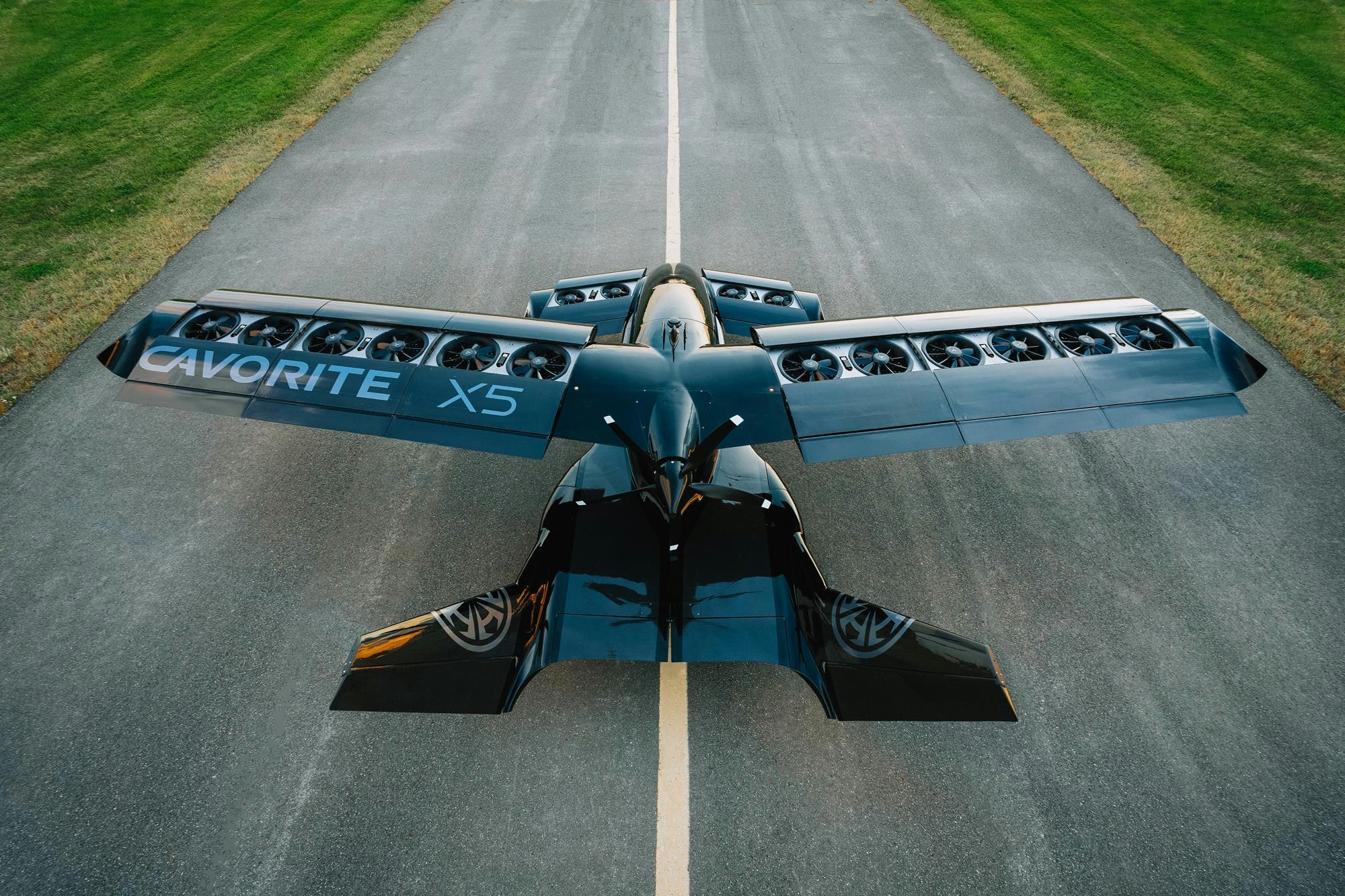
Horizon Aircraft Advances Hybrid-Electric Aviation with PT6A-Powered Cavorite X7
A Pragmatic Approach to eVTOL Development
Canadian startup Horizon Aircraft is charting a distinctive course in the evolving air mobility sector with its Cavorite X7, a hybrid-electric vertical takeoff and landing (eVTOL) aircraft powered by the well-established Pratt & Whitney Canada PT6A engine. While many leading U.S. eVTOL developers, such as Joby and Archer Aviation, focus exclusively on fully electric designs, Horizon is embracing hybrid technology as a more practical near-term solution. This approach targets emergency services, defense, and commercial markets that demand reliability and operational versatility.
The PT6A engine, a proven powerplant installed in thousands of aircraft worldwide, enables the Cavorite X7 to achieve a range of up to 800 kilometers, significantly exceeding the capabilities of most current all-electric models. Beyond extended range, the hybrid system supports essential features like in-flight cabin heating and de-icing—functions that remain challenging for purely electric aircraft. Additionally, the aircraft’s design allows it to recharge its onboard battery during flight, facilitating adaptability as battery technology advances and positioning Horizon for a smooth transition in the future.
Market Positioning and Industry Challenges
Horizon aims to certify and commence production of the Cavorite X7 before 2030, seeking to establish a strong presence in sectors where dependable performance and operational flexibility are critical. Valued at approximately $150 million by the London Stock Exchange Group, the company is moving swiftly to capitalize on emerging opportunities amid ongoing regulatory complexities and supply chain constraints that continue to affect the broader eVTOL market.
Nonetheless, Horizon faces considerable hurdles. Securing additional funding, accurately projecting future costs and revenues, and navigating the demanding testing and certification processes for the Cavorite X7 will be pivotal to the company’s success. The competitive landscape is intensifying, with entities such as Blackhawk Group advancing engine upgrade initiatives and aerospace giant Boeing investing heavily in hybrid-electric aircraft development. These competitors may accelerate their own innovations in hybrid propulsion and engine efficiency in response to Horizon’s strategy.
Implications for the Future of Air Mobility
For investors and industry analysts, Horizon’s hybrid-first approach presents a potentially viable pathway to market entry amid billions of dollars flowing into eVTOL startups still constrained by battery limitations and regulatory delays. By leveraging established engine technology, Horizon may streamline certification processes and appeal to commercial and defense customers seeking reliable, practical solutions. Should the company meet its ambitious timeline, it could capture a significant share of the market before fully electric air taxis achieve widespread viability.
More broadly, Horizon’s strategy signals a shift toward pragmatic solutions in the pursuit of greener aviation. Rather than awaiting breakthroughs in battery technology, hybrid aircraft like the Cavorite X7 offer enhanced range and operational flexibility, which could accelerate the adoption of cleaner flight. As global demand for air mobility intensifies, such realistic approaches may play a defining role in shaping the next decade of aviation innovation.
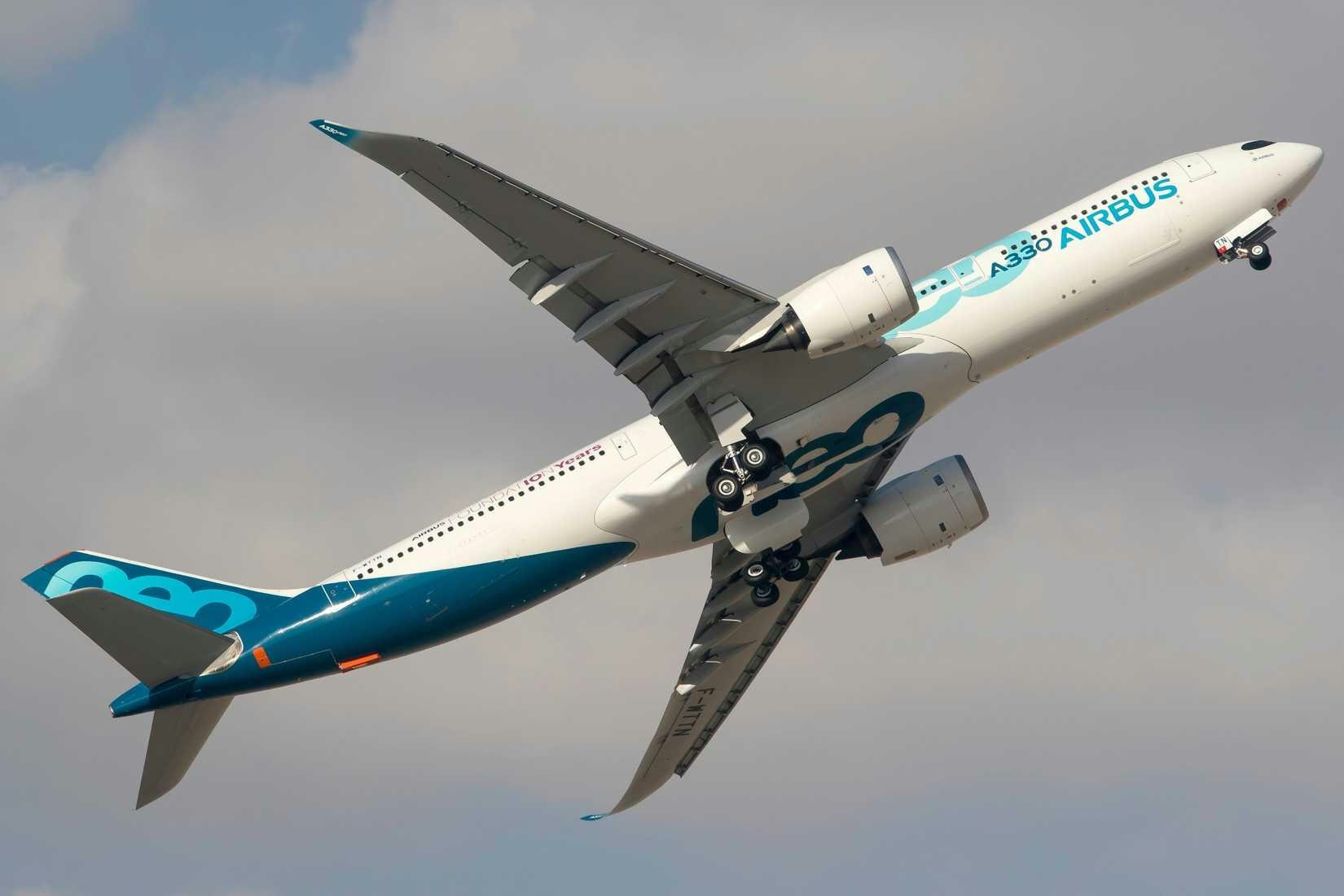
GOL CEO Confirms Possible Arrival of A330neo Widebody Aircraft
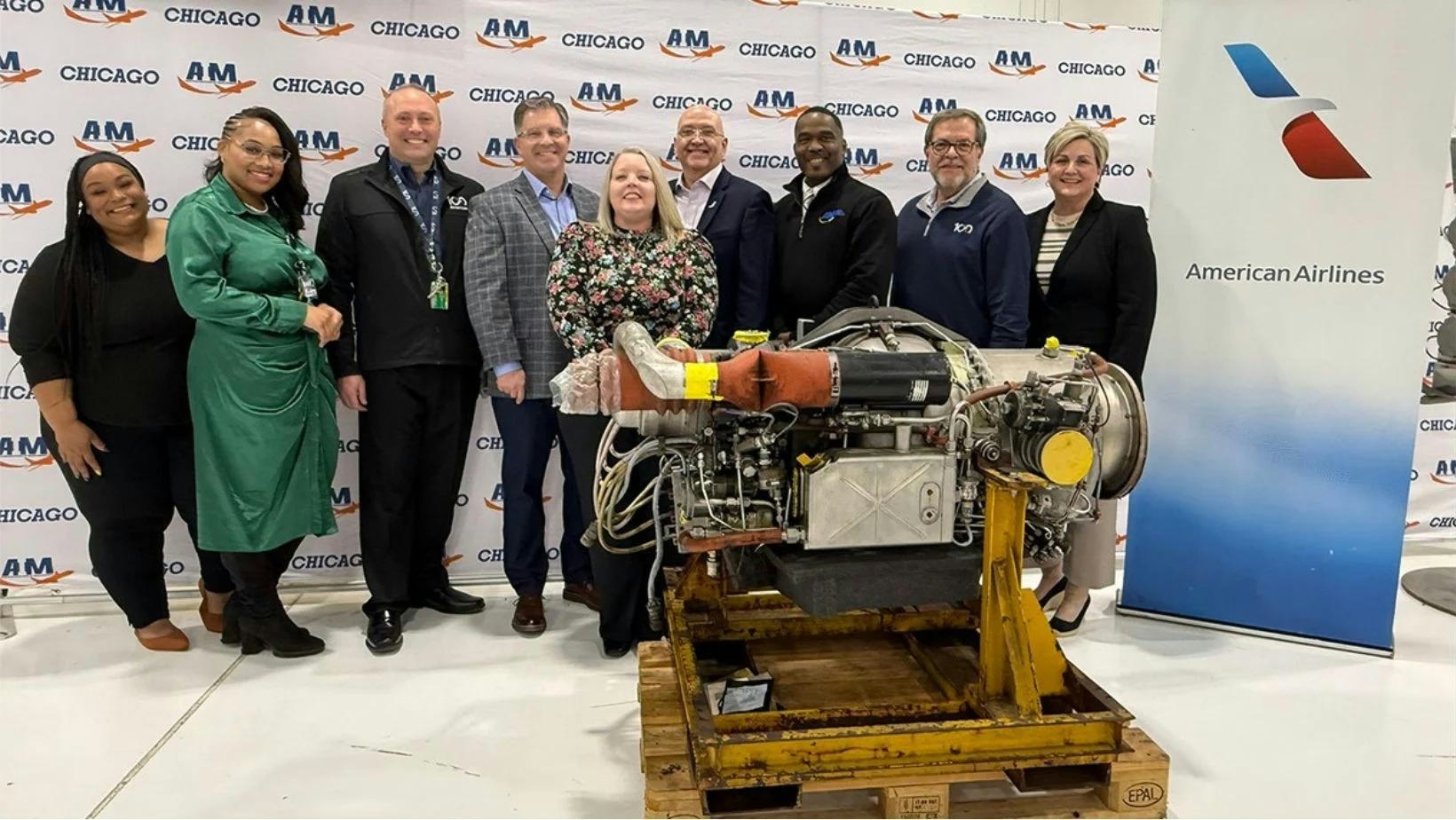
American Airlines donates APU to AIM Chicago for student training
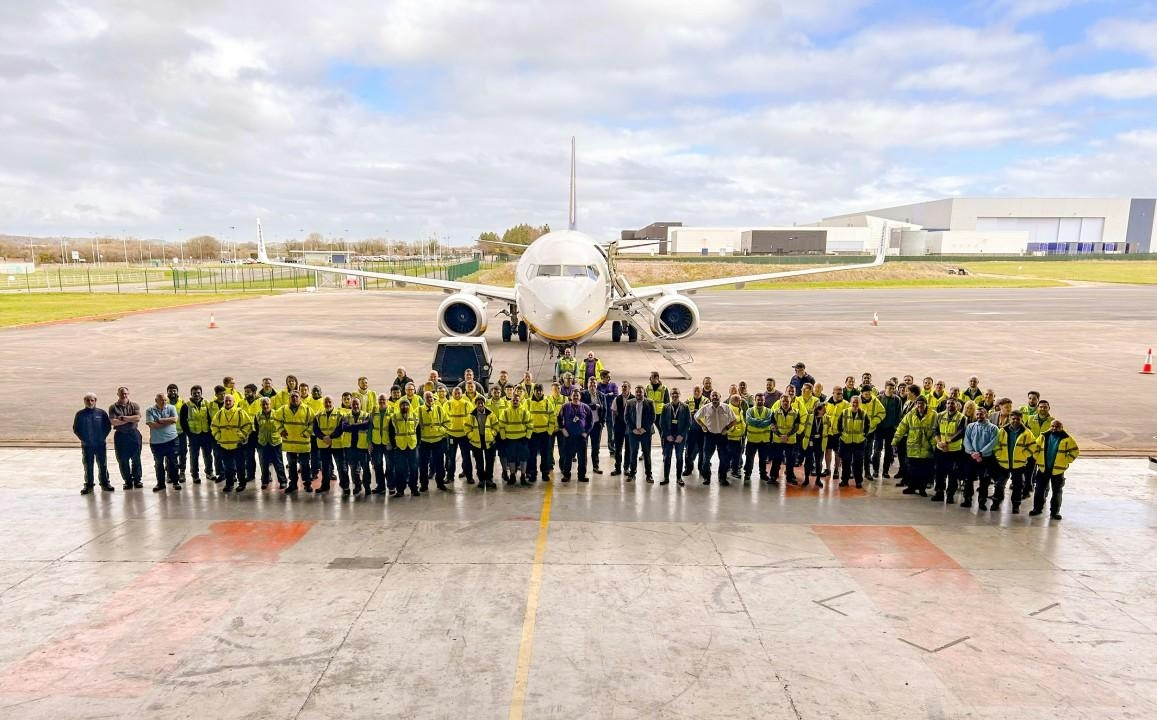
Steer Appointed Base Maintenance Manager at Caerdav
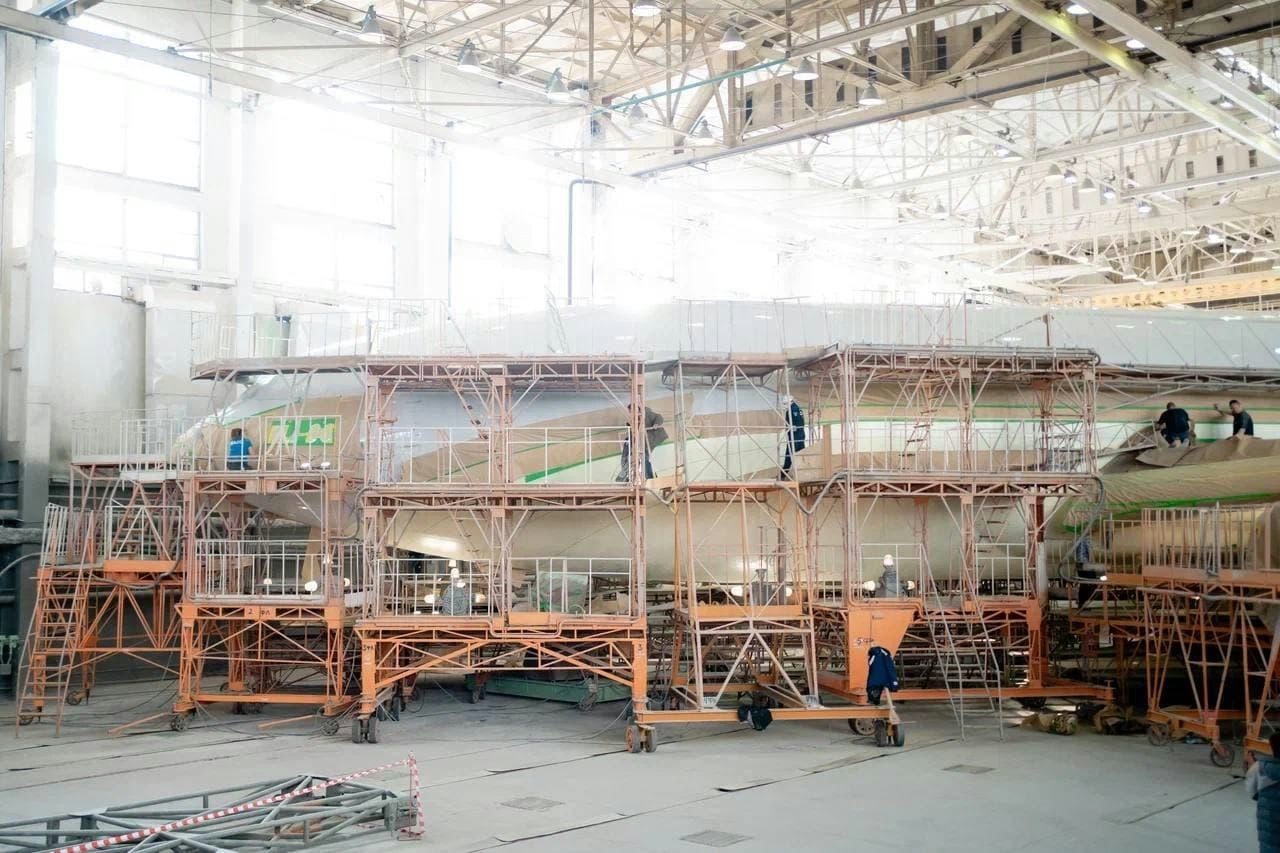
New Il-96 Wide-Body Aircraft Built in Russia; Customer Remains Undisclosed
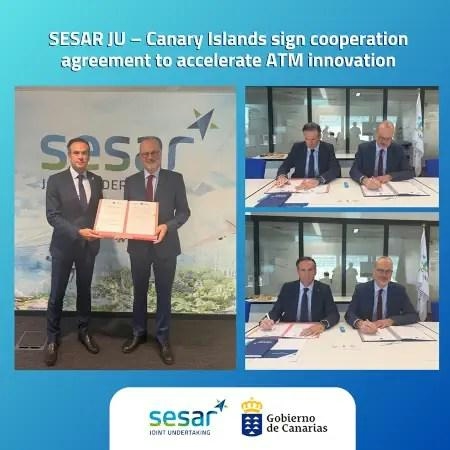
SESAR JU and Canary Islands Sign Agreement to Advance Air Traffic Management
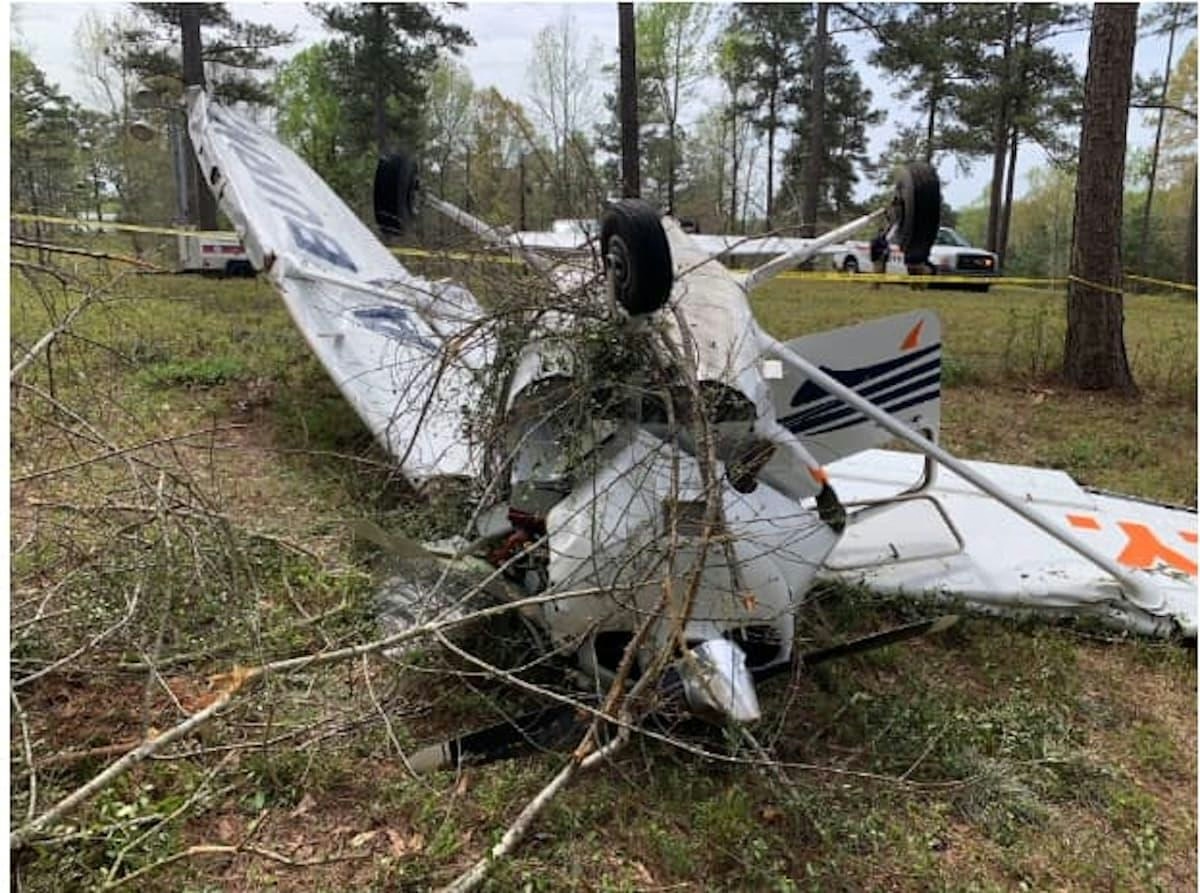
Contaminated Fuel Injector Causes Emergency Landing
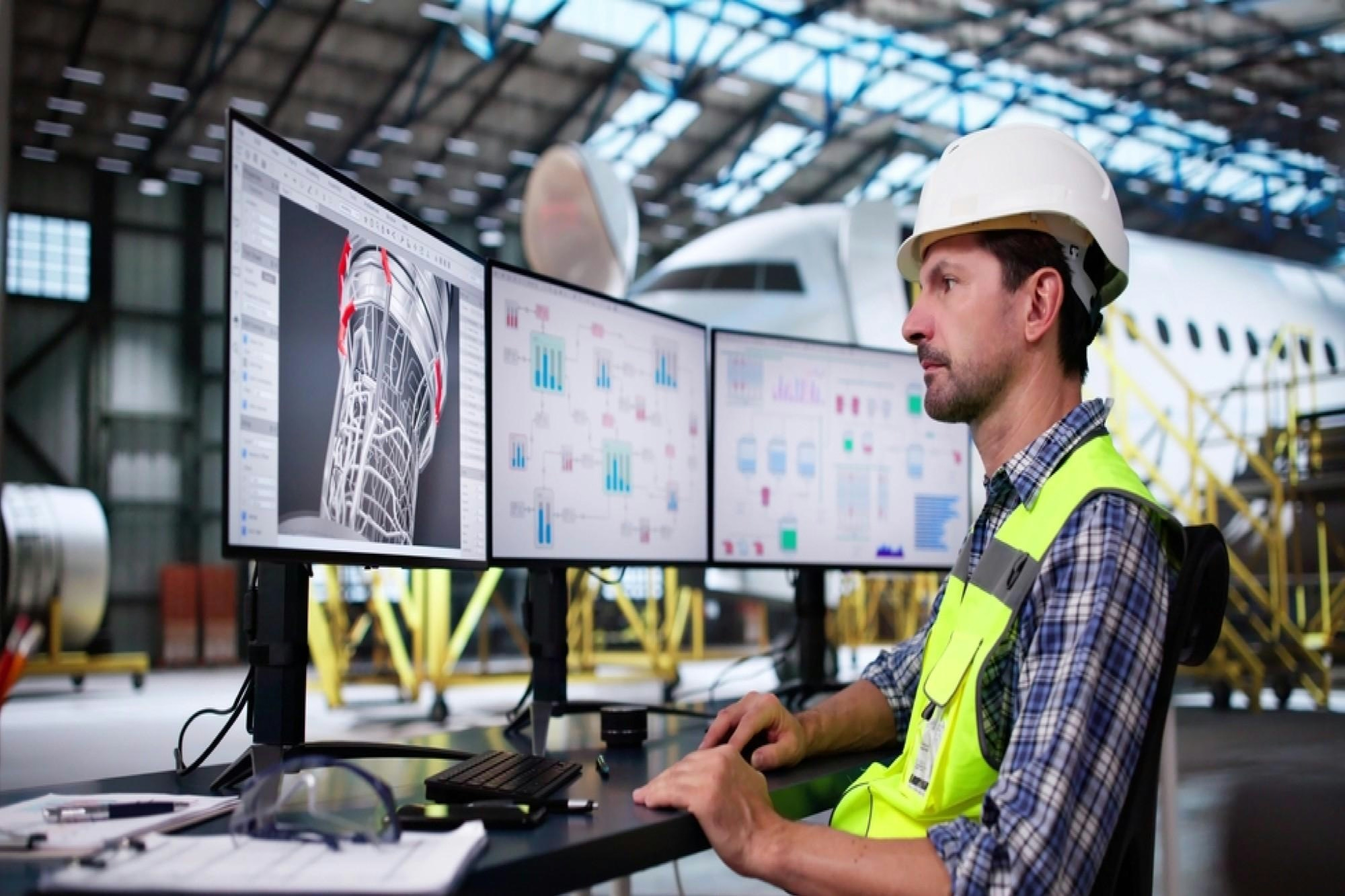
Sahar Group Adopts Ramco Aviation Software to Support Growth
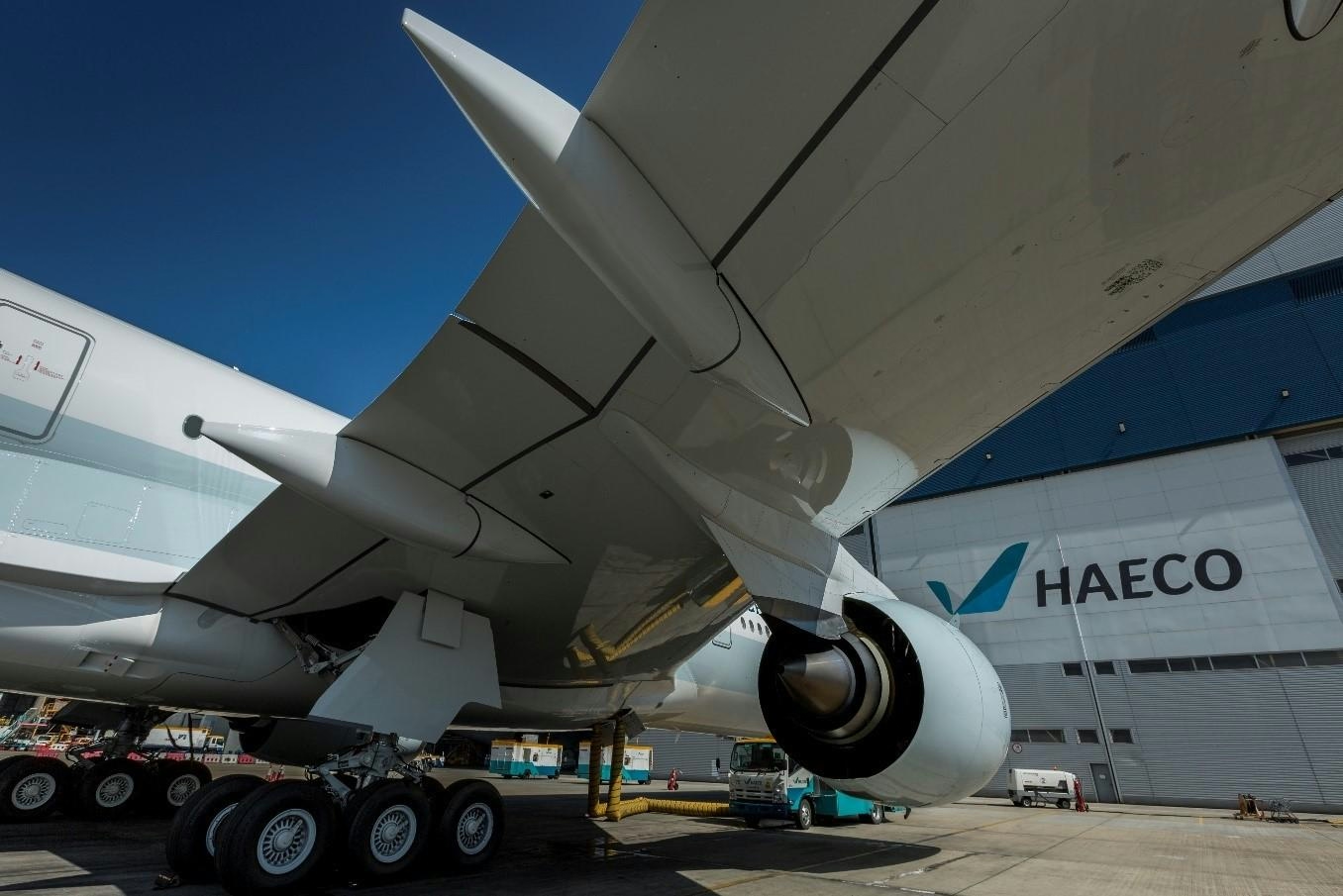
Deucalion Leases Three A330 Aircraft to Wamos Air

Acron Aviation Opens Global Headquarters in St. Petersburg, Florida
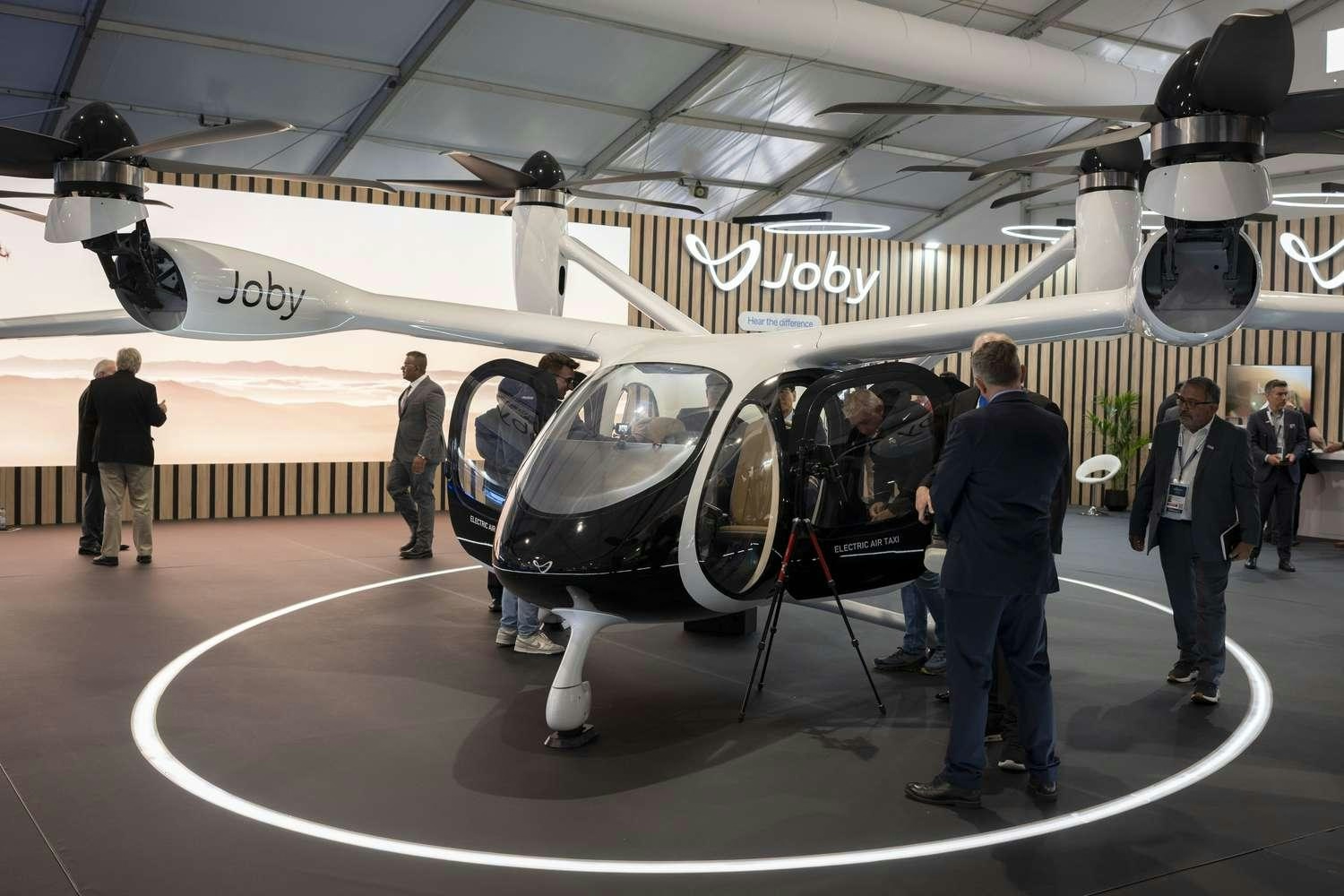
Will Uber and Joby Aviation Stocks Rise After Recent Announcements?
